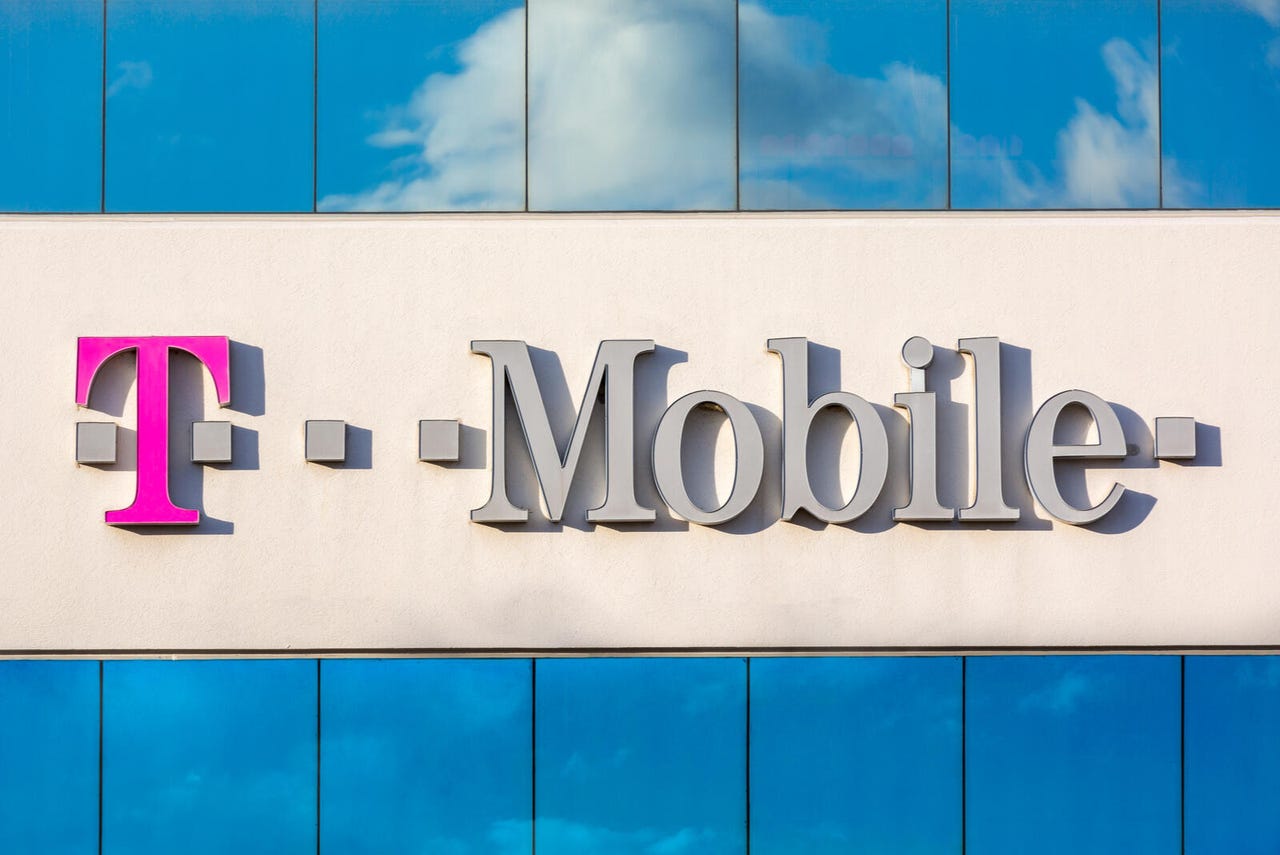A T-Mobile employee says she helped a woman spy on her husband. Now there's trouble


Helpful? Or too helpful?
Let's talk about security.
ZDNET Recommends
In relationships, that is.
It's so much easier to lose your trust in someone than to commit your trust to someone.
Worse, when you do finally trust someone, that trust can be threatened in an instant.
This leads me to the other sort of security, the one that rarely seems to exist in technology. It also leads me to the tale of a woman who may have had doubts about the man she loved. Or, at least, the man she was married to.
He'd apparently been calling and texting someone. You know, someone else.
So she went to a T-Mobile store and asked for a favor.
I only know all this because a T-Mobile store employee -- handle @lizzylizzyyy -- claimed she was so happy to help this woman that she made a little in-store TikTok video about it.
It was captioned: "When I help a customer find the phone number, her husband has been calling and texting the last couple of months."
The video didn't show the actual conversation between the T-Mobile employee and the wife, which is a pity. It did, however, offer a little dance performed by the T-Mobile employee after she'd performed her customer service duties.
I can already feel you tensing in several places.
Should T-Mobile employees really be inserting themselves in marital spats? Should they not think about issues of, say, privacy? Should they really not be making TikTok videos about their private interactions with customers, even if those videos enjoy a happy dance?
And do we really know what precisely may have happened here?
It's possible the customer had a family account with her husband and wanted the T-Mobile employee to pull up the latest statements. It's possible she merely asked for an act of sisterhood in order to expose an allegedly wayward man. It's even possible this is all a joke.
Indeed, after more than 175,000 people watched the video, @lizzylizyyy suddenly insisted: "First of all it's a joke this never happened, and second of all I never said I went into an account did I?"
She could have stopped at insisting it was a joke, couldn't she?
Some commenters, however, insisted they had done this too. Some claimed to work for other carriers.
There were those, of course, who insisted this was a blatant breach of company policy.
Naturally, some commenters wanted to know how they, too, could avail themselves of such an intimate T-Mobile service in an "asking for a friend" kind of way.
There's another equally important aspect to all this.
Many people -- many from younger generations, especially -- are so conversant with technology and its modern demands that they might think little of privacy or security. Or corporate rules.
They might think everything of filming their work lives and putting them on social media. Indeed, @lizzylizzyyy has posted other TikTok videos from her T-Mobile store, showing (off) her happy work life.
Some companies frown on all this. A McDonald's employee recently claimed she was fired for posting TikToks videos of her daily life at work. Many thought these videos showed her simply doing her job very well.
What's clear is that T-Mobile isn't happy about this particular customer service video.
When I asked the company for its feelings, a spokesperson told me: "We have safeguards in place to protect customer information, and we will investigate this to understand what actually occurred."
This is hardly surprising. Even if the video is a joke -- and many will still have their suspicions that it isn't -- it's not a good ad for the brand. It suggests that employees will potentially breach privacy rules if they feel there's a need. It even suggests they'll be happy to do it.
Moreover, for all humanity's moaning about privacy and security, isn't the real truth is that we've rather given up?
We find it too hard to distinguish between what we think should be kept private and what we think should be on public display in order to gain us social brownie points.
Even when the consequences strike, we mumble: "Oh yeah. I suppose. I never thought of that."